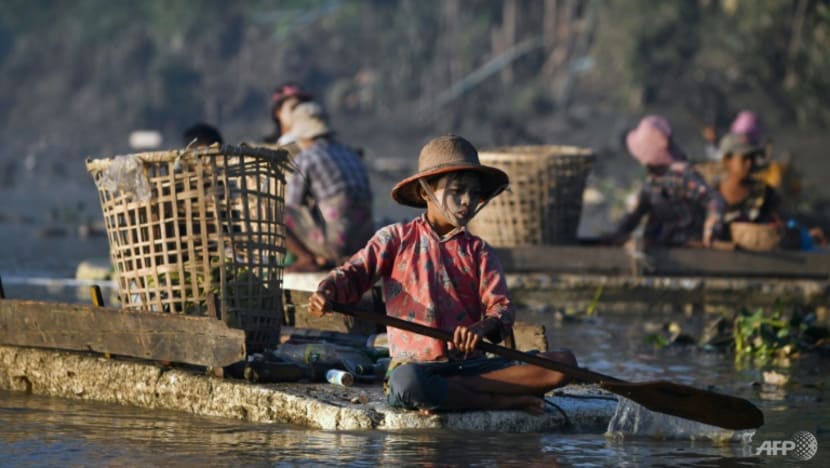JAKARTA: The Association of Southeast Asian Nations (ASEAN) is finalising a “comprehensive" needs assessment in Myanmar as it continues to provide humanitarian assistance to the crisis-hit country.
ASEAN hopes this assessment can be completed when leaders from the group meet in Labuan Bajo, Indonesia during their annual summit from May 9 to 11.
This comes as the regional bloc has “more or less” completed the first phase of its work in Myanmar, in lifesaving and humanitarian aid, said ASEAN secretary-general Kao Kim Hourn.
The first phase includes delivery of medical supplies and equipment to support the COVID-19 response in Myanmar.
Speaking to CNA in an exclusive interview last Friday (Apr 28) at the ASEAN Secretariat in Jakarta, Dr Kao said: “Before moving to the second phase (life-supporting) we have to undertake a comprehensive needs assessment.”
Myanmar has been in turmoil since the army seized power from the elected government of democracy icon Aung San Suu Kyi in February 2021. The junta has since used lethal force to suppress widespread opposition to the coup.
ASEAN's needs assessment will include the number of people who need assistance, which locations such help is needed at, and what aid is required, said Dr Kao.
